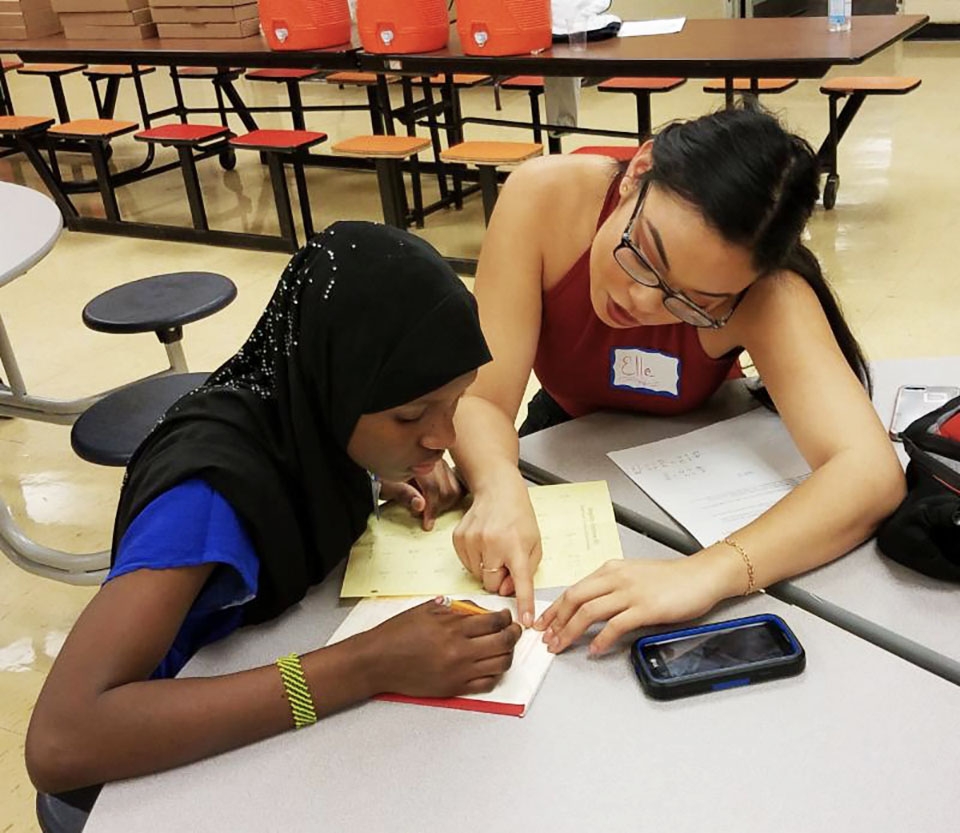
By: Leah Devorak | Layout Editor

Dear Duquesne student who’s been forced to demonstrate proficiency in a foreign language before graduation: No, it’s actually not a waste of your time.
Many English-speaking students here think that learning another language is pointless. Why? Because almost everyone in the world speaks English in some way, shape or form, so why bother with anything else?
Now, there’s a whole bunch of stereotypical reasons as to why you should actually bother. Better jobs, easier communication, a smaller world — we’ve heard them all before. But what people don’t think of are the other, much more fascinating bonuses that come along with knowing multiple languages, providing some actual motivation to take these classes seriously.
One great perk of multilingual-ity is that it makes traveling abroad — something practically everyone dreams of doing — feasible. Are you currently in a French class and have always wanted to ski in the French Alps? Instead of sleeping in the back of the room during each lecture, use what’s being taught to make that trip a reality, sans pocket dictionary and translator app.
Once over there, knowing the language will also open up a world of local culture entirely unknown to the ordinary traveler. Continuing with the Alps example, maybe you end up eating a four-course dinner in a gondola above the mountains instead of french fries at another tourist trap, all because you struck up conversation with the Parisian couple sitting next to you at lunch. Without knowing French, that experience — as well as many others — would never have happened.
On a slightly different note, learning a new language isn’t just about memorizing confusing grammar rules and complex vocabulary words. It’s also about learning a new culture and thus better understanding the way the world works. It’s a humanizing experience learning the way others are, and it can lead to some pretty nifty stuff.
That even includes making friends you never thought you’d have. No matter where you are, it’s beyond easy to get to know people when you’re at least a little familiar with where they’re from. In return, it makes them want to get to know you, as I’ve learned over and over again in my own cultural endeavors. I can now honestly say that I have more friends outside this country than I do within, and it’s all because of the other ways of life I’ve come to know during my language-learning experience, both at Duquesne and on my own.
Which brings up the last problem many students here face: Duquesne only offers French, Spanish, German, Italian and Arabic. That’s a very limited range considering the roughly 6,494 other languages there are in the world, not including English. If students instead want to learn one of those, well, they’re out of luck here.
But with a little motivation, they still have their personal time in which to pursue the language of their dreams.
By far the most convenient and fun way to learn a language on your own is through various smartphone apps. The best one out there is Duolingo, as its five star rating on the app store shows. Using some of the same teaching methods as Rosetta Stone but with none of the cost, it takes the chore of memorizing new linguistics and turns it into a great way to kill time.
The only problem with Duolingo is that it doesn’t have a wide variety of languages offered; Portuguese, Irish, Dutch, Danish and Swedish are the only ones on the app not available at Duquesne.
If a more diverse offering is sought, then the app Mondly is where to go, with a total of 35 different languages available to learn, including Russian, Chinese, Romanian and Korean.
A great app for extra practice is HelloTalk. No matter how advanced you are, it allows you to converse with real natives of the language you’re learning so that you can become as fluent as possible. It’s also a great way to make friends and find pen pals or tour guides within a specific country.
And as always, the Internet and YouTube are more viable outlets to get great lessons from.
It just takes some time and motivation in order to turn language learning — what seems like a chore — into something incredibly fun. But with the right frame of mind, it can happen. You just have to think about all the fantastic things it can bring in order to keep you going.
So here’s to no longer being a stereotypical, monolingual American. Buena suerte. Kila la kheri. 행운을 빌께요. Good luck.




